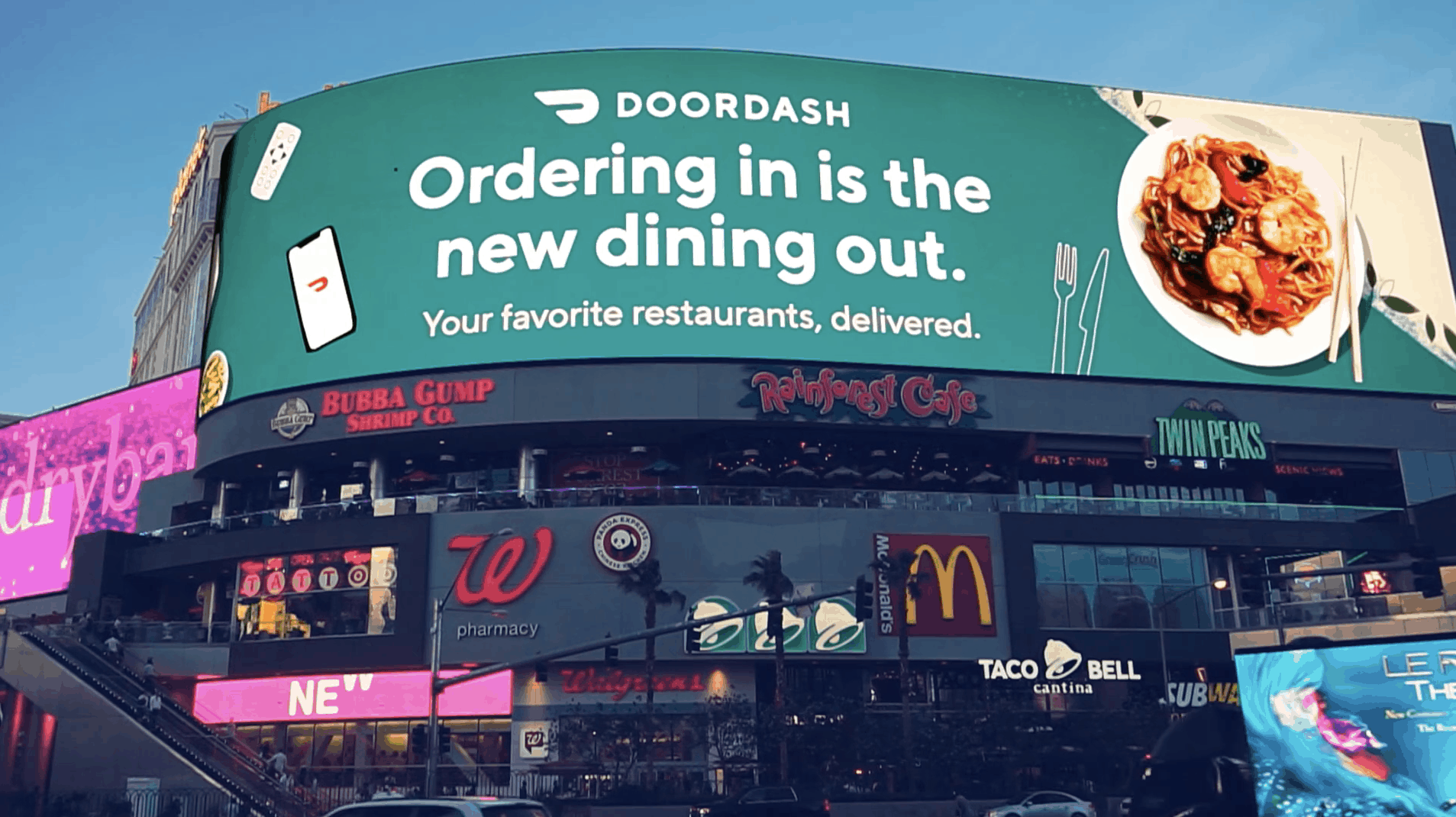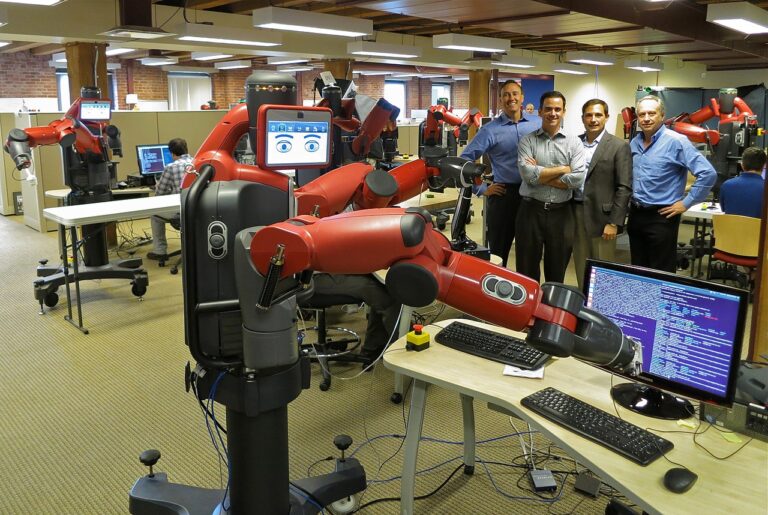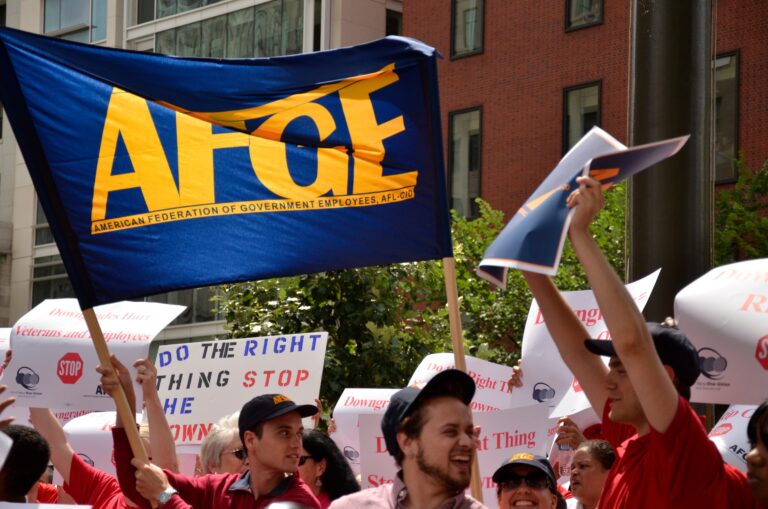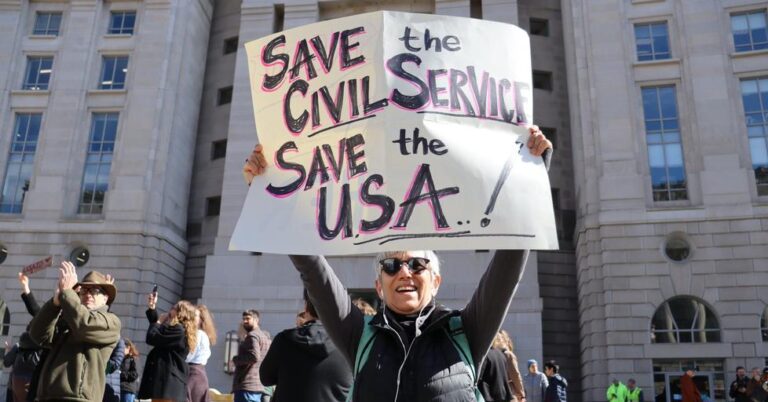
Greg Volynsky is a student at Harvard Law School.
In Today’s News & Commentary, thousands of Los Angeles hotel workers return to work, major food delivery services sue to enjoin enforcement of a New York City gig worker wage rule, and the Guardian reports on the resurgence of the United Farm Worker union.
On Wednesday, thousands of Los Angeles hotel workers returned to work after a three-day strike (which Jacqueline previously reported), but union leaders anticipate more strikes and walkouts. Unite Here Local 11, which represents 15,000 workers, authorized the strike last month. A deal with employers has not been reached.
On Thursday, Uber, DoorDash, Grubhub, and Relay, major food delivery services, filed a lawsuit against New York City in a bid to stop a new wage standard for gig workers from being implemented on July 12. The lawsuit argues the NYC Department of Consumer and Worker Protection exceeded its statutory authority in promulgating the new rule. The new minimum wage was announced by Mayor Eric Adams last month. This standard would increase the hourly rate to roughly $18 and further to $20 by 2025 from the current estimated $11, including tips and expenses (more than 25% less than the $15 state minimum wage). The companies argue that this increase in wages will lead to a rise in prices for consumers and could adversely impact local restaurants. They also contend that the new standard would force the companies to tightly regulate the time delivery workers spend online but not delivering.
The Guardian reports that United Farm Workers (UFW), a labor union that had declined in membership and influence over the years, has seen a resurgence as it successfully unionized 500 workers at five farms in New York state. This represents the union’s largest achievement in recent years and marks its first organizing efforts in the northeast, increasing the UFW’s membership by 8%. Since the NLRA exempts agricultural laborers, a four-year-old New York law—the Farm Laborers Fair Labor Practices Act—facilitated the unionization effort, preventing retaliation and requiring card-check recognition. The NYT reported in March that UFW has only 5,500 members in California, compared to 60,000 in the 1970s. The UFW aims to extend its success to other states, particularly California and Hawaii, which also have laws facilitating unionization among farmworkers.






Daily News & Commentary
Start your day with our roundup of the latest labor developments. See all
December 7
Philadelphia transit workers indicate that a strike is imminent; a federal judge temporarily blocks State Department layoffs; and Virginia lawmakers consider legislation to repeal the state’s “right to work” law.
December 5
Netflix set to acquire Warner Bros., Gen Z men are the most pro-union generation in history, and lawmakers introduce the “No Robot Bosses Act.”
December 4
Unionized journalists win arbitration concerning AI, Starbucks challenges two NLRB rulings in the Fifth Circuit, and Philadelphia transit workers resume contract negotiations.
December 3
The Trump administration seeks to appeal a federal judge’s order that protects the CBAs of employees within the federal workforce; the U.S. Department of Labor launches an initiative to investigate violations of the H-1B visa program; and a union files a petition to form a bargaining unit for employees at the Met.
December 2
Fourth Circuit rejects broad reading of NLRA’s managerial exception; OPM cancels reduced tuition program for federal employees; Starbucks will pay $39 million for violating New York City’s Fair Workweek law; Mamdani and Sanders join striking baristas outside a Brooklyn Starbucks.
December 1
California farmworkers defend state labor law, cities consider requiring companies to hire delivery drivers, Supreme Court takes FAA last-mile drivers case.